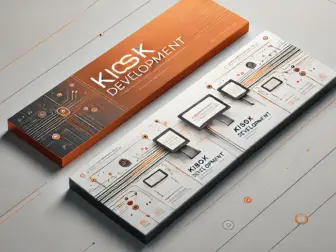Tag - industrial communication protocols
Exploring the World of Industrial Communication Protocols
Industrial communication protocols are the backbone of modern manufacturing and automation systems, enabling seamless data exchange between various devices and machines. These protocols define the rules and conventions for transmitting and receiving data in industrial settings, ensuring reliable and efficient communication.
One of the most widely used industrial communication protocols is Modbus, a serial communication protocol developed in the late 1970s. Modbus is a simple and robust protocol that allows multiple devices to communicate over a common network, making it ideal for industrial applications. It supports both ASCII and RTU (Remote Terminal Unit) modes, providing flexibility and compatibility with a wide range of devices.
Another popular industrial communication protocol is PROFINET, a real-time communication standard used in industrial automation. PROFINET is based on Ethernet technology, offering high-speed communication and seamless integration with IT systems. It supports various communication modes, including real-time, isochronous, and asynchronous data exchange, making it suitable for complex industrial control systems.
Ethernet/IP is another widely used industrial communication protocol that is based on the Ethernet standard. It allows devices from different manufacturers to communicate seamlessly, enabling interoperability and flexibility in industrial applications. Ethernet/IP supports messaging services, including implicit and explicit messaging, allowing devices to exchange data in real-time.
CAN bus (Controller Area Network) is a robust industrial communication protocol commonly used in automotive and manufacturing industries. CAN bus is a multi-master, message-oriented protocol that enables high-speed communication between devices. It provides fault-tolerant communication, making it suitable for critical applications where reliability is paramount.
Profibus is a popular industrial communication protocol that is widely used in process automation and manufacturing industries. Profibus supports both fieldbus and Ethernet communication, offering flexibility and scalability for industrial networks. It provides high-speed data exchange and real-time control capabilities, making it ideal for demanding industrial applications.
In conclusion, industrial communication protocols play a crucial role in modern manufacturing and automation systems, enabling seamless data exchange and control between devices. Understanding the different protocols available, such as Modbus, PROFINET, Ethernet/IP, CAN bus, and Profibus, is essential for designing reliable and efficient industrial communication networks. By choosing the right protocol for a specific application, manufacturers can optimize their processes, improve efficiency, and ensure smooth operation of their industrial systems.
